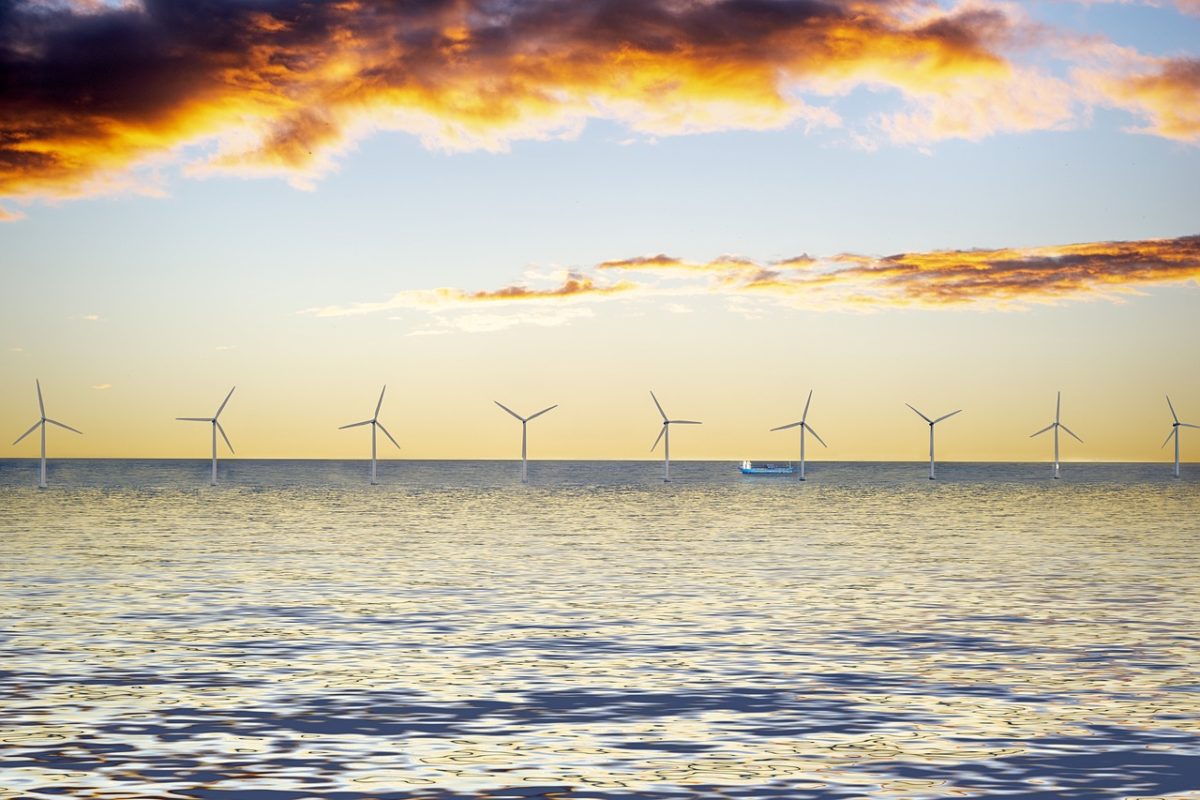From pv magazine International
German automotive supplier Schaeffler is currently working with partners from the Netherlands to extract hydrogen from seawater in a pilot project. With demand for car components expected to decrease as a result of the transition to electromobility, the supplier is planning to expand its activities in the field of hydrogen which, according to Schaeffler, should also be supplied to the automotive industry.
The idea of producing green hydrogen at sea, from large amounts of offshore wind energy is widespread. However, this type of hydrogen production faces the major challenge electrolyzers require ultrapure water. That means seawater must first be desalinated and then painstakingly cleaned and filtered before it can flow to the sensitive membranes, and is a process that is driving up the cost of green hydrogen.
Schaeffler has set up start-up Hydron B.V. in the Netherlands to develop polymer electrolysis membrane (PEM) systems. To clean seawater before it reaches the membranes, the engineers have implemented a solution in which waste heat from the electrolysis process can be used to distill the salt water. The consortium says it has proven the functionality of its membrane distillation technology and the system was able to generate a kilogram of hydrogen per hour, with the membrane distillation making 10kg of ultra-pure water (UPW) available for electrolysis.
“The generation of green hydrogen from wind energy is an important growth area for Schaeffler,” said Bernd Hetterscheidt, head of the hydrogen strategic business area for the company. “In cooperation with our partners in the wind power industry, we want to become one of the leading providers of system components in this area. To do this, we combine the innovative technology of Hydron with the strengths of Schaeffler, such as our system understanding and our knowhow in the rapid scaling of products and projects in order to bring them onto the market as quickly as possible.”
Looking forward, Schaeffler wants to push ahead with scaling of the filters and desalination components for use on an industrial scale. In addition, the cost and resistance of the system will have to be improved. The aim is to reduce green hydrogen production costs from the current €4-10/kg to €2. Water treatment is of key importance to reduce the price of electrolysis and significant efficiency advantages could easily be converted into cost savings. Companies from the chemical industry, such as Canada’s HPQ Silicon Resources, and rail sector businesses including Alstom have also formed consortia in a bid to be part of the race for cheap green hydrogen from seawater and wind energy.
This content is protected by copyright and may not be reused. If you want to cooperate with us and would like to reuse some of our content, please contact: editors@pv-magazine.com.









By submitting this form you agree to pv magazine using your data for the purposes of publishing your comment.
Your personal data will only be disclosed or otherwise transmitted to third parties for the purposes of spam filtering or if this is necessary for technical maintenance of the website. Any other transfer to third parties will not take place unless this is justified on the basis of applicable data protection regulations or if pv magazine is legally obliged to do so.
You may revoke this consent at any time with effect for the future, in which case your personal data will be deleted immediately. Otherwise, your data will be deleted if pv magazine has processed your request or the purpose of data storage is fulfilled.
Further information on data privacy can be found in our Data Protection Policy.